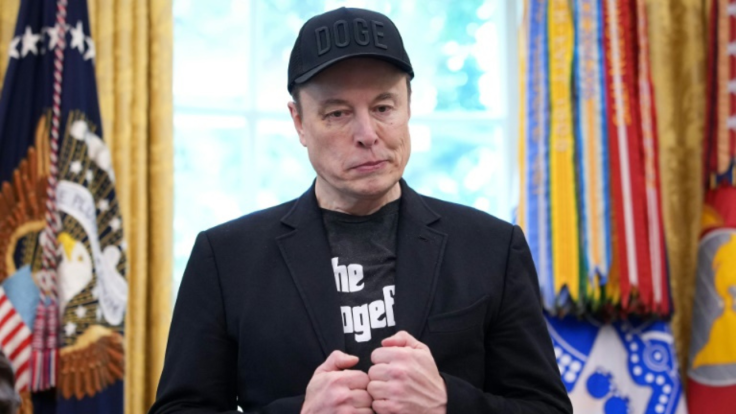Elon Musk's 'Inevitable Civil War' Warning Sparks Outrage and Democracy Debate in UK
Musk's comments intensify debate over billionaire influence and UK political stability.

In a provocative post on X, Elon Musk suggested that a civil war in the United Kingdom is 'inevitable', citing rising tensions over immigration and internal unrest. His remark swiftly drew condemnation from Downing Street and reignited debate about the role of influential tech figures in stirring political anxiety.
A Controversial Claim on Social Media
Musk's message appeared amid widespread media coverage of migrant-related crime incidents and community tensions in London. He painted a bleak picture, framing Britain's current situation as an impending existential crisis.
The post, which gained significant attention, prompted responses from British politicians, including Labour leader Keir Starmer, who accused Musk of spreading 'lies and misinformation' that threaten UK democratic norms.
Why This Matters: The Power of Tech Billionaires
Beyond the shock value, Musk's comments raise deeper questions about the influence of ultra-wealthy tech billionaires in the UK's political and social discourse. His intervention is not isolated; it sits alongside mounting evidence that wealthy tech figures are shaping the UK political landscape—whether through media ownership, donations, lobbying, or social media amplification.
Recent polls indicate that 63% of Britons believe very rich individuals exert too much influence on UK politics, reflecting growing concern over billionaire involvement. British authorities have also criticised Musk's role in political discourse. A Guardian editorial described his behaviour as 'interference in plain sight', likening his influence to that of traditional political donors and foreign interests.
Tech Influence Behind the Curtain
Musk is not the only tech titan involved. US-based tech and media billionaires have been identified as significant donors, backers, or influencers of UK political parties and campaigns. For example, a recent investigation revealed that some Reform UK funders have ties to US venture capital interests connected to Musk and his peers.
This expanding influence complicates democratic oversight. When billionaires utilise platforms and engage directly in debates over government legitimacy, civil disorder, or media regulation, it blurs the lines between private wealth, public policy, and democratic accountability. Such involvement raises serious ethical questions about the role of unaccountable wealth in shaping national narratives.
Wider Political Impact in Britain
Musk's outspoken stance has already left its mark on UK politics. He has publicly criticised the government's handling of sexual abuse inquiries, hinted at dissolving Parliament, and challenged Prime Minister Keir Starmer's legitimacy. These interventions coincide with political turbulence surrounding migration, media regulation, and declining public trust.
The issues Musk raises and comments on highlight ethical and regulatory dilemmas: Should a billionaire with no direct electoral mandate influence public opinion on matters of national importance? Do their platforms serve to amplify polarisation rather than promote democratic dialogue?
What's Next for Britain?
For UK regulators and lawmakers, Musk's episode exemplifies the challenge of modern democratic governance. Managing social media platforms, billionaire influence, and foreign-linked capital flows while maintaining public trust and civic stability has never been more complex.
As Britain grapples with these issues, Musk's warning may be less about predicting an actual civil war and more a reflection of how tech wealth is leveraging narrative, fear, and influence at an unprecedented scale. The real question is whether the UK can establish safeguards against unchecked power in the digital age, or if the influence of billionaires will continue to shape the national conversation in ways that threaten democratic norms.
© Copyright IBTimes 2025. All rights reserved.





















